‘Black Panther: Wakanda Forever Review’: Bringing Trials, Tributes, Tears

Photo courtesy of The Direct
“Black Panther: Wakanda Forever” has been on my mind for quite a long time, especially after Chadwick Boseman’s unfortunate and unexpected death. I was one of the fearful fans, worried that Marvel would butcher Boseman’s final tribute and mindlessly recast him as Black Panther. Instead, I was pleasantly surprised by the story, acting, cinematography, and the tasteful way Boseman was honored throughout the film.
Despite my fears, Boseman’s brother, Derrick, and many fans campaigned for Black Panther to be recast, to honor the legacy and influence of Boseman’s acting career. The film balances a perfect medium of honoring Boseman’s legacy and allowing a strong supporting cast to finish what he started.
“Black Panther: Wakanda Forever” was released on November 11 and is one of the most successful November blockbusters. The film was directed by Ryan Coogler, who also directed the original “Black Panther.” As a close friend, Coogler mourned Boseman’s death and was able to accurately represent the grief that not only flowed through Wakanda, but the acting and fan community, as well.
The film is a tear-fest, filled with emotional tributes and characters coming to terms with T’Challa’s death. Fortunately, director Coogler does not attempt to recast or replace Boseman, rather honoring his legacy throughout the movie. The themes of universal grief and recovery are an ever-present focus in the film, demonstrating how Boseman’s death affected many actors and fans worldwide.
The movie was significantly longer than I expected, finishing at a 2-hour and 41-minute running time. As one of the longest Marvel movies to date, it definitely got a little slow in the middle; some dragging scenes could be easily fixed with additional editing. I will be honest, I drifted asleep for twenty minutes in the middle of the movie, and when I woke up, I felt I had missed almost nothing substantial in the film.
However, as such a long film, “Wakanda Forever” was able to tackle an impressive list of plot themes and character arcs in a condensed film, especially considering the unexpected loss of Boseman significantly altering the initial script plans.
I entered the theater with previous reservations about Letitia Wright, especially as a lead after Boseman’s stunning previous performance, but her acting skills cannot be understated in his film. She excellently captured the grief, strength, and resilience needed to truly comprehend Shuri’s role in the movie.
The director accurately portrays IronHeart’s introduction into the MCU from the comics, not with a tragic or elaborate backstory, but rather, caught in the middle of her daily life. Dominique Thorne presents an entertaining and brave heroine in “Black Panther,” assisting Shuri with the battle against Talocan, a hidden underwater city ruled by an Oceanic God, Namor. Marvel producers chose to rename the underwater city from the comics version of Atlantis to Talocan, after an Aztec Legend, and many viewers wonder how they intend to draw upon Aztec culture in future films.
Namor’s superhero abilities are some new and unexpected powers in the MCU, with strange-looking wings on his ankles that give him the power of flight. He seems extremely overpowered, especially after T’Challa’s death, almost to the point of frustration–but the film accurately aligns with the comics in that sense.
The difference between “Black Panther 2: Wakanda Forever” and other Marvel films is that combat scenes are not the actual conflict in the movie. Instead, these fight scenes act as support to the emotional arc characters’ battle throughout the plot themes.
This film exudes a much different energy than the original “Black Panther,” with the soundtrack shifting to focus on solemn, mourning music as Wakanda grieved the loss of its king.
The entire score and soundtrack for the film are spectacular–every song perfectly matches the energy that the scene projects.
Many Marvel films are criticized for following the Marvel Formula, a highly predictable recipe for dominating the box office. However, my biggest praise of “Wakanda Forever” is that it ignores this precedent and concentrates much more on the character’s emotional conflicts rather than intense CGI action fights. I did not feel like the film succumbed to cheap, predictable, boring, and repetitive features, as many newer Marvel movies have fallen victim to.
You can tell that the actors in “Wakanda Forever” were truly mourning Boseman’s death, similar to the audience, and they could portray this easily through their acting. This sequel raises the expectations for the MCU, as they rose to the occasion of honoring Boseman’s memory and impact on the Marvel universe.
I will not spoil the ending and post-credit scene, but it is absolutely worth sticking around to see. The post-credit scene honestly made me cry more than any scene in the entire movie.
Overall, I felt “Wakanda Forever” captured Boseman’s spirit in an honorable way. His sudden and unexpected death did not leave Marvel an impressive amount of creative leverage, so the fact that they were able to create this beautiful piece of cinema amazed me.
I wholeheartedly believe that Boseman would be honored to see how his legacy was remembered in the sequel. Despite the slow scenes, I recommend giving the movie a watch, especially for Marvel fanatics, as it provides a taste of something new from the typical Marvel Formula.
9/10


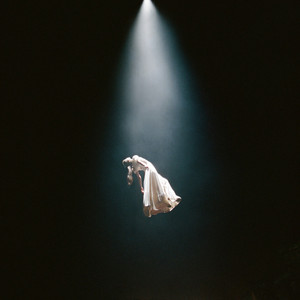
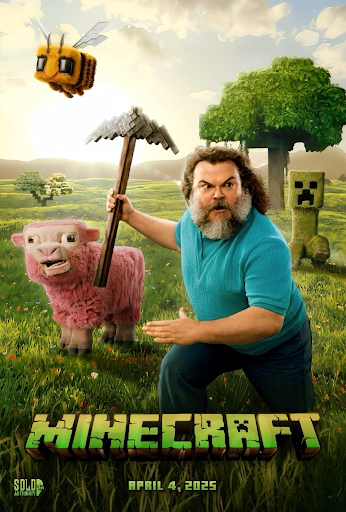
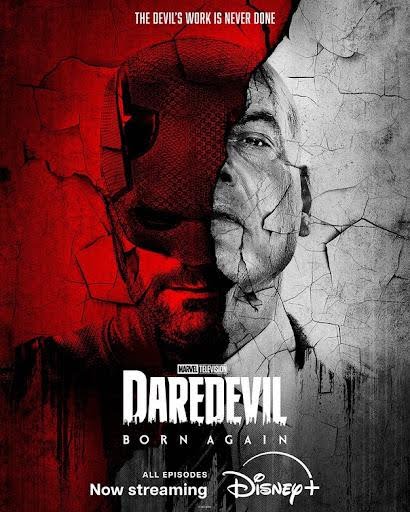
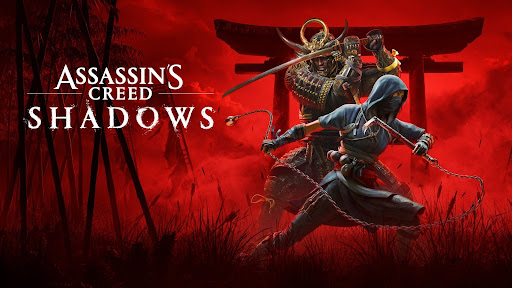
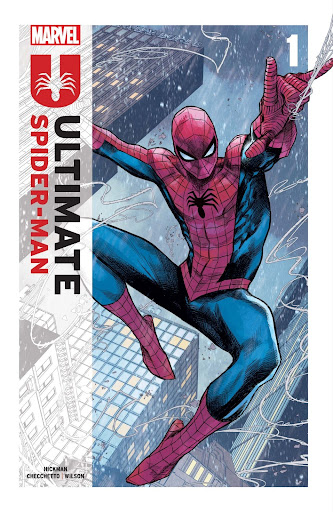
Gavin Buckley • Nov 17, 2022 at 10:36 pm
Great article Liz! With some of the latest marvel films not being as great as I hoped, this film was a great breath of fresh air. Even though there wasn’t that much action in this film, I thought the action scenes were incredible. I think the true standouts about this film is the acting from Namor, Shuri, and queen Romanda. They all did a phenomenal job, and this movie steered away from the cringey dialogue we usually see in marvel films. The director in my opinion did a great job of realizing that we as viewers should be treated as adults, and that we do not need a bomb of cgi fighting to stay interested. The cgi was beautiful, and the vfx artist did a phenomenal job of making Talohan feel like a real place. Namor is one of my favorite villains from phase 4, and I cannot wait to see what they do with these characters in the future.
Liz Kameen • Nov 22, 2022 at 4:44 pm
Thanks, Gavin! You’re right, I’m glad Marvel steered clear from traditional cringy dialogues. I hope the positive ratings on this movie will encourage them to adopt some of the Coogler’s techniques in the future.